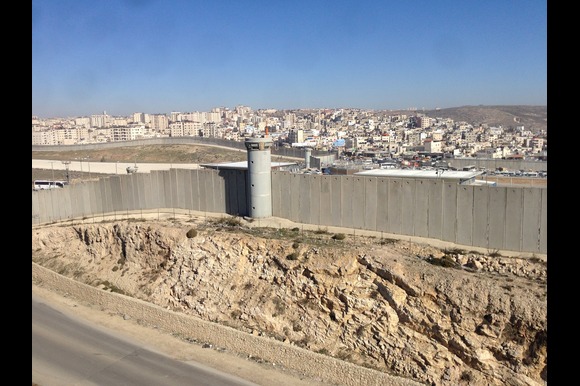Abu Dhabi / Jerusalem – UAE has warned Israel that annexing the occupied West Bank would cross a “red line” and jeopardize the Abraham Accords, the historic 2020 deal that normalised diplomatic ties between the two nations.
UAE Says Annexation Would End Two-State Solution
Senior Emirati official Lana Nusseibeh, assistant minister for political affairs at the UAE foreign ministry, said annexation would effectively destroy hopes of a two-state solution.
“From the very beginning, we viewed the Accords as a way to support the Palestinian people and their legitimate aspiration for an independent state,” she said. “Annexation in the West Bank would constitute a red line. It would undermine the vision of peace, halt regional integration, and shatter the consensus that this conflict should end with two states living side by side.”
The Palestinian Authority (PA) welcomed the UAE’s statement. The Israeli government has yet to issue a response.
Smotrich Pushes Annexation Plan
The remarks came hours after Israel’s far-right finance minister Bezalel Smotrich unveiled a plan to annex nearly 82% of the West Bank, leaving Palestinians confined to isolated enclaves around six cities: Jenin, Tulkarm, Nablus, Ramallah, Jericho, and Hebron.
Smotrich presented a map, calling the initiative consistent with the principle of “maximum land with minimum Arabs.” He rejected Palestinian statehood, saying: “The idea of dividing the country and establishing a terrorist state at its center must be taken off the table once and for all.”
Background: Settlements and the Abraham Accords
Since capturing the West Bank and East Jerusalem during the 1967 Middle East war, Israel has established around 160 settlements housing some 700,000 Israelis. These are considered illegal under international law, though Israel disputes this. About 3.3 million Palestinians live alongside the settlements.
When the Abraham Accords were signed in 2020, one of the UAE’s conditions was that Israel freeze its planned annexation of West Bank territories. Then-prime minister Benjamin Netanyahu agreed to “suspend” the move, but he has repeatedly stated the plans remain “on the table.”
Global Reactions and Rising Tensions
Many members of Netanyahu’s current right-wing coalition have long advocated annexation. Analysts say the renewed push may be linked to announcements from the UK, France, and other European countries that they intend to recognise the State of Palestine this month.
The PA condemned Smotrich’s map as a “direct threat” to Palestinian statehood. Rights groups compared it to apartheid-era South Africa. Yehuda Shaul of the Ofek Centre think tank wrote: “Reminds me of another map in a different continent, from the 20th Century. There is a word in Afrikaans to describe that regime.”
Last month, the Israeli government also approved a controversial E1 settlement project, which critics say would divide the West Bank and sever it from East Jerusalem.
In 2024, the International Court of Justice (ICJ) ruled Israel’s presence in the occupied territories unlawful, urging withdrawal “as rapidly as possible.” Netanyahu dismissed the judgment as “a decision of lies.”
Regional Implications
The UAE is one of 147 UN member states that already recognise the State of Palestine. Its warning reflects growing regional unease that Israel’s settlement policies could unravel the fragile framework of the Abraham Accords and block future Arab-Israeli cooperation.






